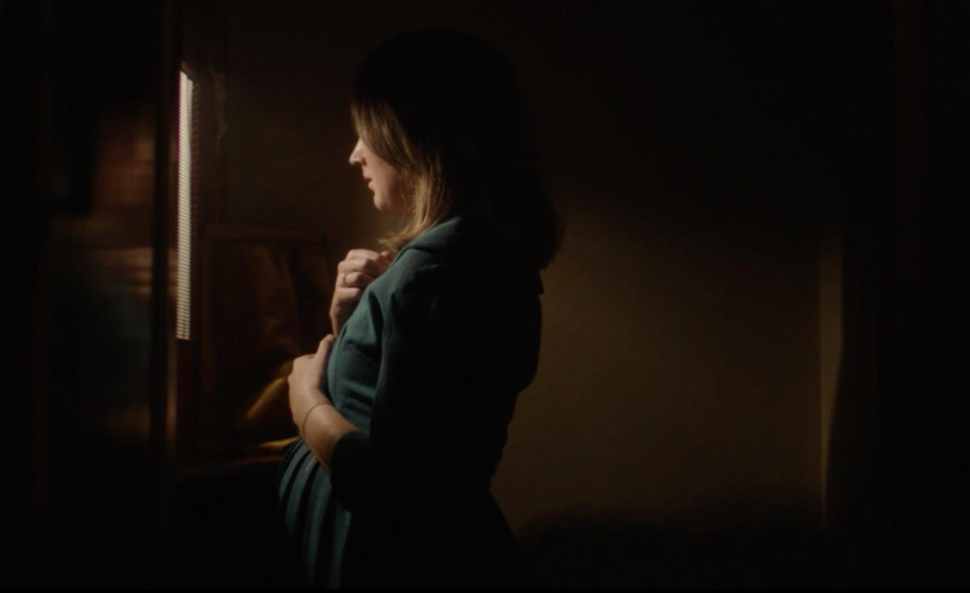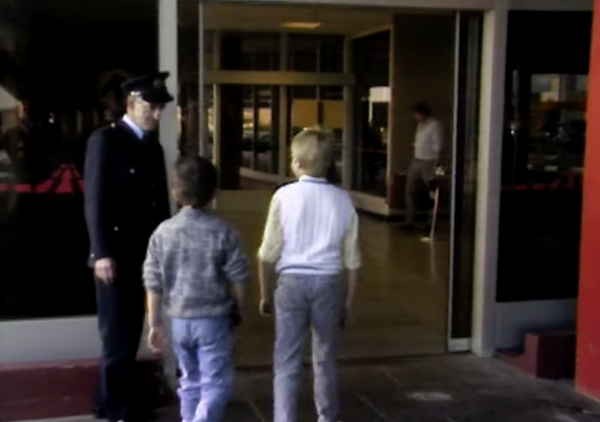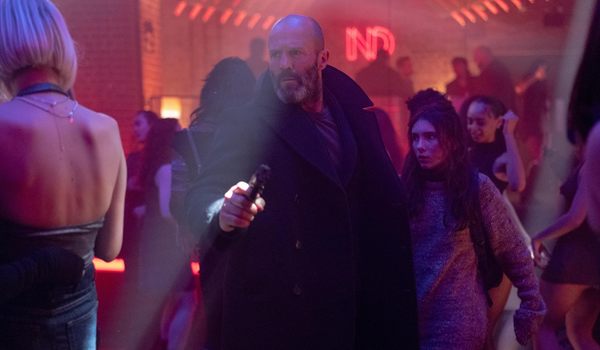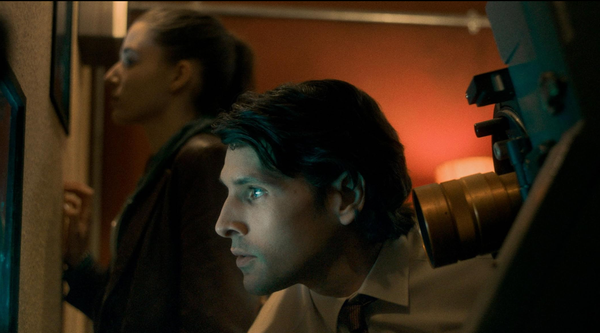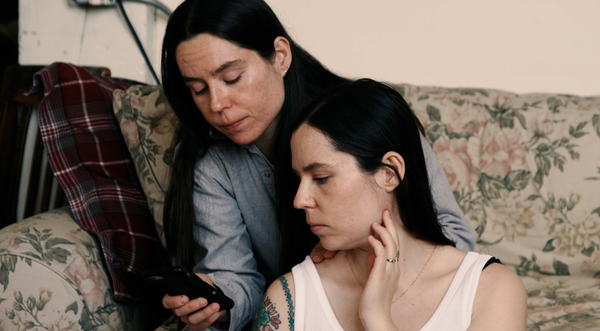Will Penn takes to the stand in his review of Testimony.
Aoife Kelleher’s documentary Testimony takes its place amid a formidable canon of films. The Magdalene Sisters broke a long-held silence, Philomena spoke to an international audience, Small Things Like These questioned the community’s complicity. But all these cinematic works, spanning a quarter of a century, point to an element of Irish history that remains both etched into the national psyche and unresolved. How, then, do you make a film about historical injustice when the injustice has not become historical?
The breadth and detail of Kelleher’s feature underscores the lack of redress for those who spent time in Magdalene Laundries. The narrative is centred around the experiences of several extraordinary women: Angela Fahy, Mary Harney, Philomena Lee, Madeleine Marvier, Gabrielle O’Gorman, Dr Elizabeth Riordan Coppin, and Catherine Whelan. Their accounts are interwoven with the legal case mounted by the advocacy group Justice for Magdalenes. These women tell their stories to highlight that the case escalated to the United Nations Committee Against Torture. This is the body of 10 independent experts that monitors implementation of the Convention against Torture and Other Cruel, Inhuman or Degrading Treatment or Punishment by its States parties.
Their testimonies are a timely reminder that time is running out for many of those who suffered. There are instances of abuse, vaccinations illegally trialed by GlaxoSmithKline, forced adoptions into America, and the role of the state in aiding and abetting these institutions. What this focus restores is legitimacy and autonomy to those whose recollections have been continually delegitimised and questioned.
The use of home recordings, news clips, propaganda footage, and reenactments all paint a vivid picture of the withholding and destruction of evidence by the Church and state. One account details the story of a daughter taken from her mother who, as a final act of kindness, had dressed her child in handmade clothes for the journey abroad. Shortly after, a nun came to throw the clothes back at the mother. “She won’t need these where she’s going,” is what she was told. However, focusing on the real care that the legal team has taken, the film does not revel in hopelessness.
Time will not be kind to the subjects of Testimony – and that is partly the point. This remains an ongoing issue. While reams of text underscore the inaction by GlaxoSmithKline, Sisters of Our Lady of Charity of the Refuge (now part of the Congregation of Our Lady of Charity of the Good Shepherd), the wheels of justice turn at a pace that few of these older women can afford.
One of the survivors, Mari, passed away last year while still seeking redress for being trafficked to the United States and kidnapped from her biological mother. This battle for appointing accountability remains urgent, but in focusing on the agency and resolve of several remarkable women, Testimony is in itself a statement of justice.
Testimony is in cinemas 21st November 2025.

